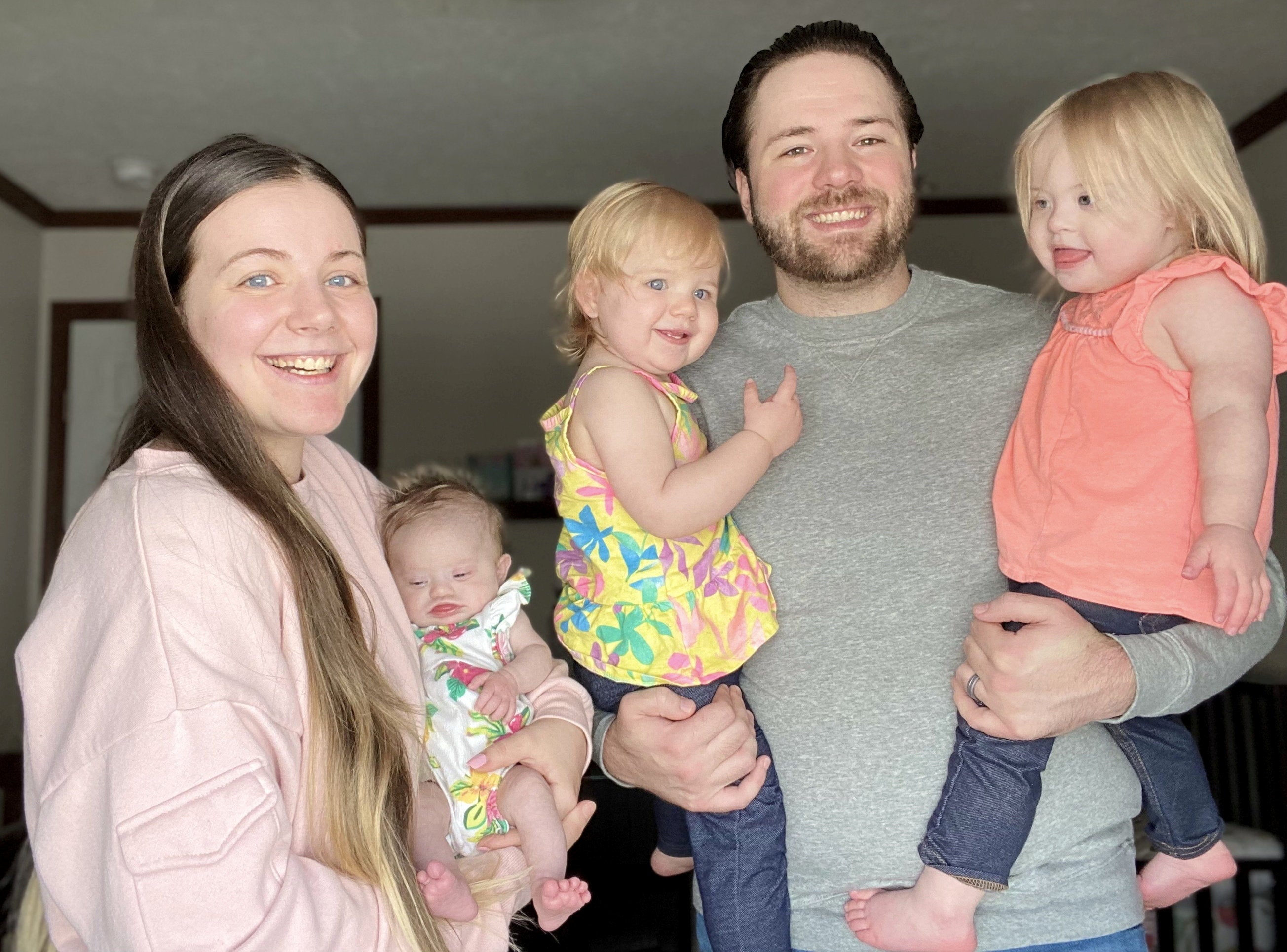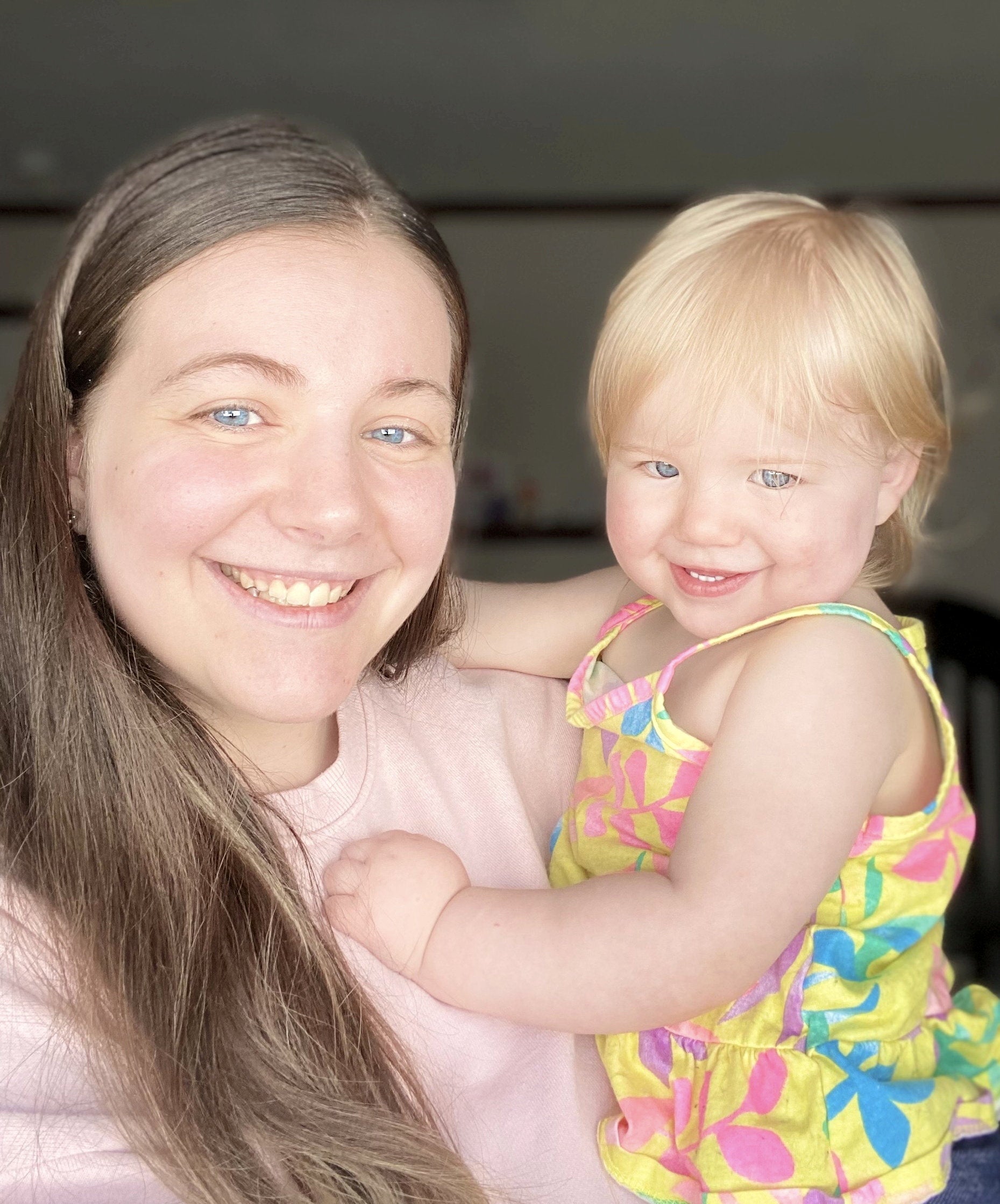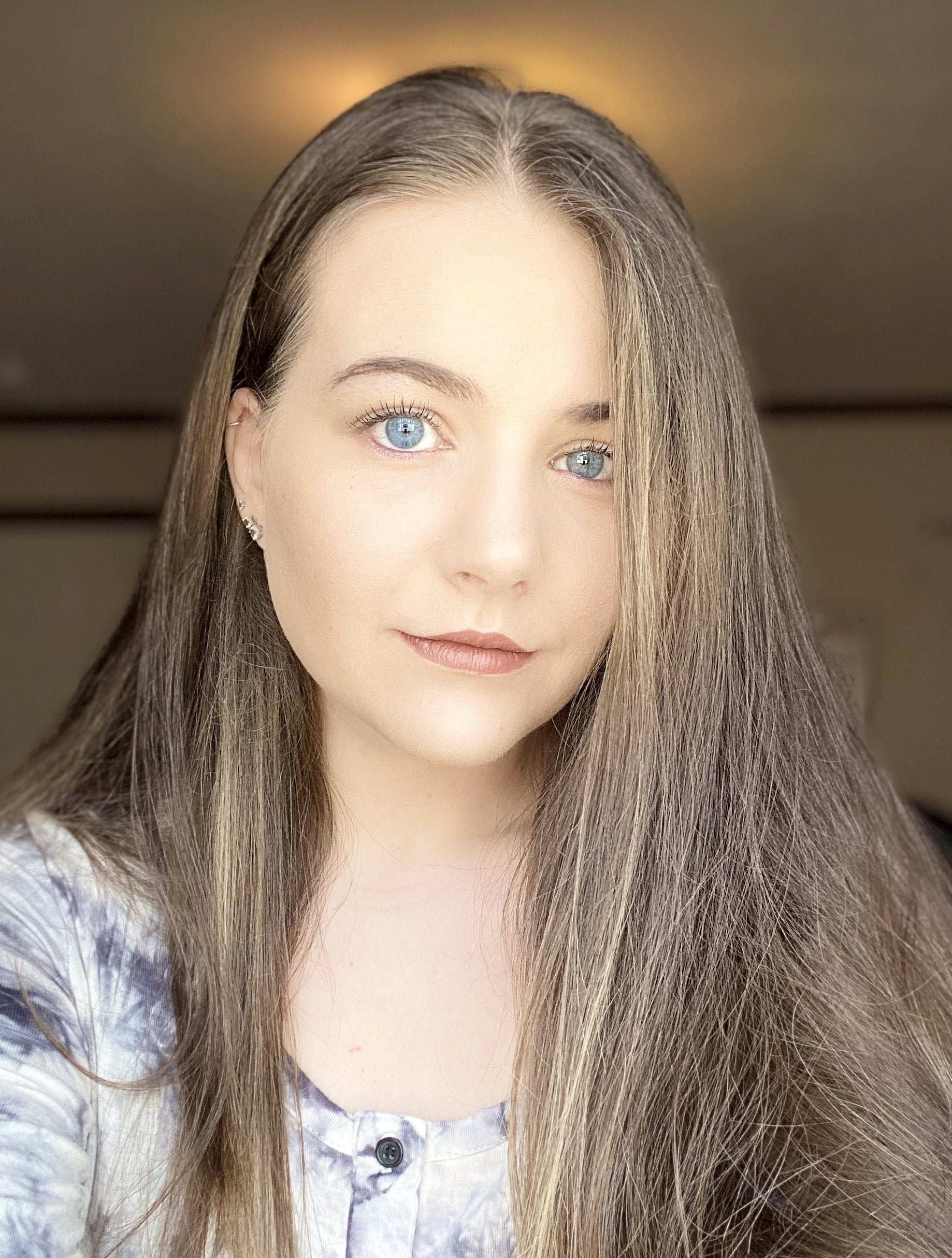‘I found out I had Down syndrome aged 23 – people don’t believe I have it’
Growing up, Ashley says she would struggle with knee dislocation, jaw issues affecting her movement of it, and a high heart rate
Your support helps us to tell the story
This election is still a dead heat, according to most polls. In a fight with such wafer-thin margins, we need reporters on the ground talking to the people Trump and Harris are courting. Your support allows us to keep sending journalists to the story.
The Independent is trusted by 27 million Americans from across the entire political spectrum every month. Unlike many other quality news outlets, we choose not to lock you out of our reporting and analysis with paywalls. But quality journalism must still be paid for.
Help us keep bring these critical stories to light. Your support makes all the difference.
A mum who was diagnosed with Down’s syndrome aged 23 says people “don’t believe” she has the condition.
Ashley Zambelli was diagnosed with mosaic Down’s syndrome in February 2023 after undergoing genetic testing which revealed she has an extra chromosome.
Growing up, Ashley says she would struggle with knee dislocation, jaw issues affecting her movement of it, and a high heart rate.
Doctors never connected the issues until they looked at her reproductive history and saw three of her six pregnancies had a Down’s syndrome diagnosis.
This was unusual for someone so young, she said.
They carried out genetic tests and discovered she had mosaic Down’s syndrome.
Ashley, a stay-at-home mum, from Macomb Township, Michigan, US, said: “People say ‘you don’t look like you have it’.
“Even I was in a lot of disbelief.
“I didn’t know about mosaic Down syndrome.
“A lot of people associate it as a facial disability.
“Having a mosaic condition means it is not always visible to the eye.”

When Ashley she was born she didn’t have any traits or characteristics associated with Down’s syndrome, she said.
From the age of 12 her knee caps would dislocate “all the time” and she struggled with comprehensive learning at school, she said.
She said: “Test taking was awful.
“I had jaw disfunction and my knee caps were constantly dislocating.
“My shoulder was permanently out of the socket.
“My heart always racing. I was always getting out of breath.”

Doctors were never able to connect her health issues until she was 23 weeks pregnant with her third child, Katherine, in February 2023 – who was diagnosed with Down’s syndrome at 14 weeks.
Ashley had previously had a miscarriage in 2019 and doctors had discovered the baby had Down’s syndrome.
She gave birth to her first child, Lilian, two, who also has Down’s syndrome, in December 2020.
Her second daughter, Evelyn, one, who was born in December 2021 doesn’t have the genetic condition.
Ashley said: “They hadn’t seen someone with three confirmed cases of Down syndrome.
“They said I was really young - so thought there must be something else causing this.”

Ashley had genetic testing which revealed she had mosaic Down’s syndrome – giving her a 50 per cent chance of having children with an extra chromosome.
She said: “I was very happy to find out.”
Her husband, Taylor Doyle, 28, a restaurant worker, was supportive of Ashley getting the genetic testing.
Ashley - who doesn’t have the facial characteristics of someone with Down’s syndrome - now has an explanation for her problems.
She has lower sitting ears, low muscle tone, a jaw disorder, trouble with short term memory, and inappropriate sinus tachycardia - meaning she often has a heart rate higher than hundred beats per minute.

Ashley said she often struggles to understand most humour and can say things without realising they might be offensive.
Ashley wants to encourage others to get genetic testing and see it as a “tool to be prepared”.
She said: “People need to not see genetic testing as a bad thing.
“It’s a tool to be prepared.”
She also hopes to create a community for people with mosaic Down’s syndrome.
Subscribe to Independent Premium to bookmark this article
Want to bookmark your favourite articles and stories to read or reference later? Start your Independent Premium subscription today.




Join our commenting forum
Join thought-provoking conversations, follow other Independent readers and see their replies
Comments